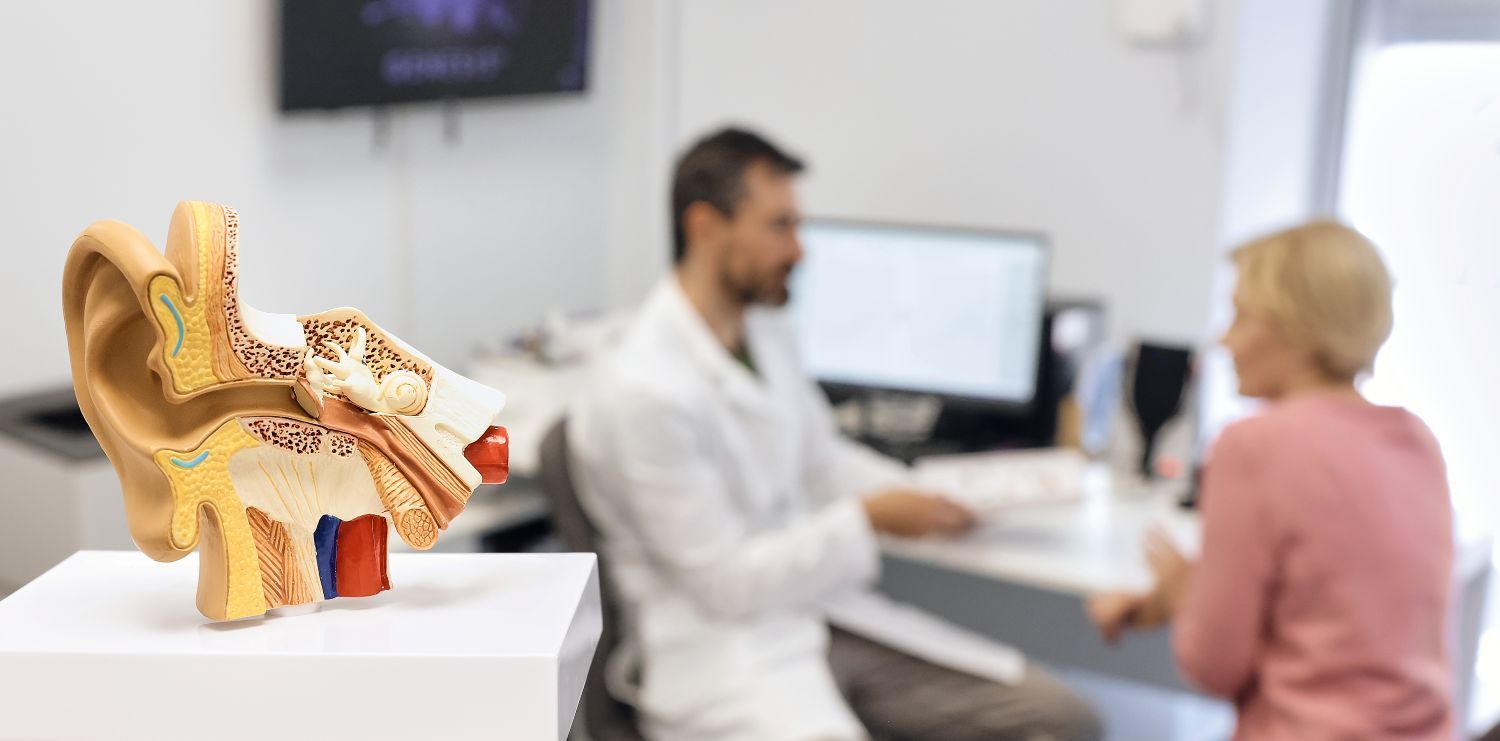How Do I Know If I Need a Hearing Aid?
Hearing is something we often don't think about until it becomes a problem. For some people, changes in hearing happen slowly and can be hard to notice at first. So, how can you tell if you might need a hearing aid? Here are some signs to look for and what to do if you think your hearing might not be as sharp as it used to be.
Signs You Might Need a Hearing Aid
Here are some key indicators that it might be time to consider a hearing aid:
- Difficulty Following Conversations: Do you often find yourself asking people to repeat themselves, especially in group settings or noisy environments? This could be an early sign of hearing loss.
- Turning Up the Volume: If you frequently increase the volume on your TV or radio to levels that others find too loud, it might be time to have your hearing checked.
- Difficulty Hearing on the Phone: Trouble understanding conversations over the phone can indicate hearing issues, as phone lines often lack the visual cues we rely on in face-to-face interactions.
- Missing Everyday Sounds: If you notice that you're not hearing common sounds like birds chirping, doorbells, or the phone ringing, this might be a sign of hearing loss.
- Ringing in the Ears: Persistent ringing, buzzing, or whistling in the ears, known as tinnitus, can sometimes accompany hearing loss. If this symptom is affecting your ability to hear or concentrate, it’s worth discussing with a healthcare professional.
- Feeling Isolated: Avoiding social situations because it's hard to hear can be a sign that you might benefit from a hearing aid.
What to Do Next
If you recognize any of these signs, consider taking the following steps:
- Schedule a Hearing Test: A professional audiologist can assess your hearing and determine the extent of any loss. Hearing tests are painless and provide valuable insights into your auditory health.
- Consult an Audiologist: Discuss your symptoms and test results with an audiologist. They can guide you on whether a hearing aid is appropriate and recommend the best type for your needs.
- Trial Period with Hearing Aids: Many providers offer trial periods for hearing aids. This allows you to experience the benefits firsthand and make an informed decision.
Benefits of Hearing Aids
Modern hearing aids have advanced significantly in technology and design, offering essential support for those with hearing loss. Here are some key benefits of using hearing aids:
- Better Communication: Enjoy clearer conversations with family and friends.
- Boosted Confidence: Feel more at ease in social situations.
- Less Isolation: Stay connected and engaged with the world around you.
- Improved Well-being: Experience enhanced mental and emotional health.
Hearing aids do more than just amplify sound; they enrich lives by restoring connections and enhancing everyday experiences.
Custom Hearing Aids in Connecticut
If you're noticing hearing issues, don't hesitate to seek professional help. At ENT Medical and Surgical Group, our skilled Audiology Team is here to enhance your hearing and improve your quality of life. We offer services for children, adults, and seniors, using the latest technology to provide solutions tailored to your needs. Schedule an appointment for a full range of services, including hearing tests and the newest digital hearing aids.













